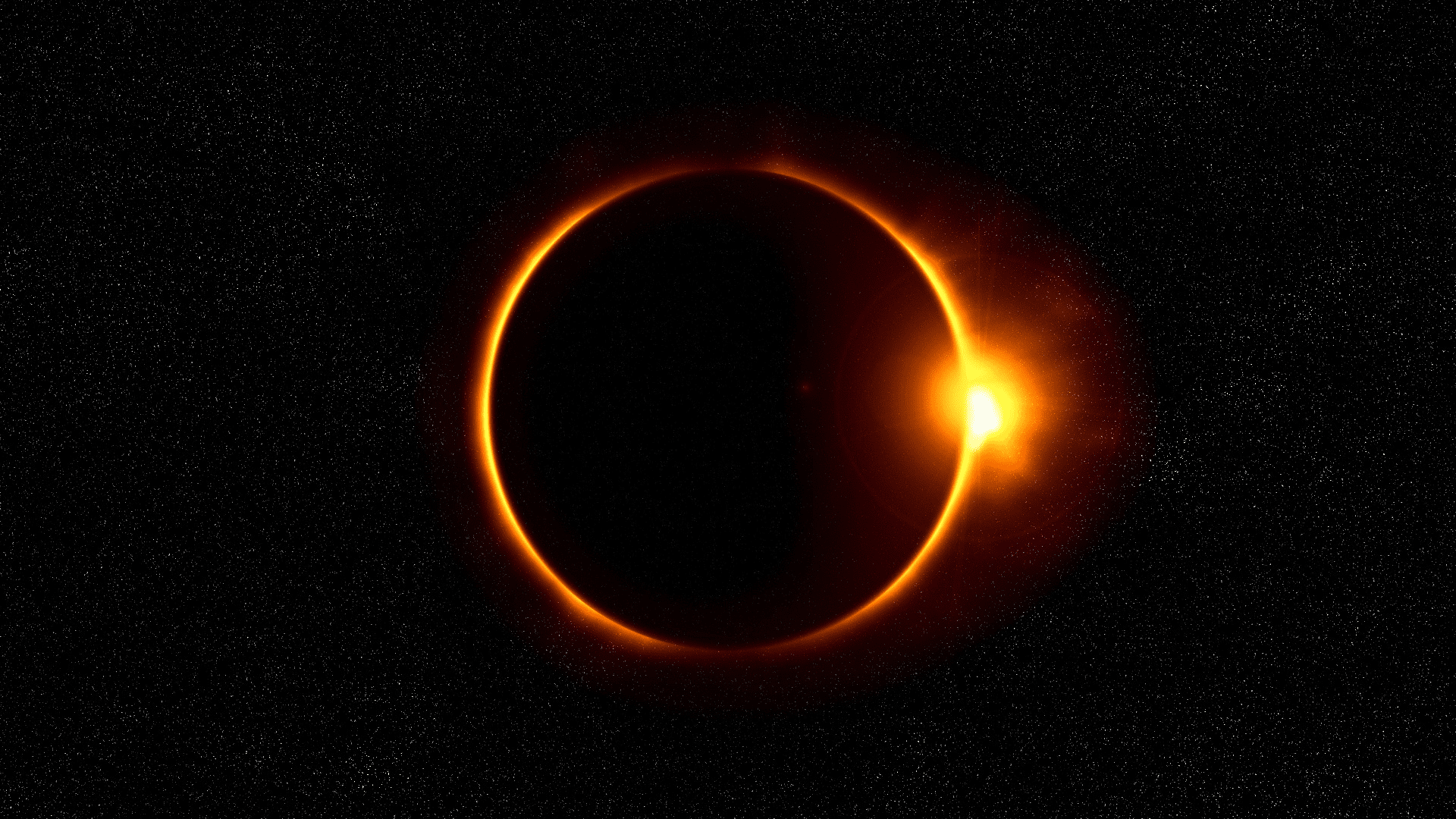Recently, the Wall Street Journal reported that the index of leading economic indicators posted a large gain in March, 2010, capping a full year of increases. Mortgage delinquencies declined in March for the second month in row. Housing starts are improving for home construction companies. Financial companies, such as Citigroup, are reporting improved profits and earnings as the dust settles from strategic moves undertaken during the height of the financial crisis. These reports are only a sampling of the positive news currently impacting the U.S. economy and contributing to one of the most significant 12-month rallies in U.S. stock market history. At the end of the first quarter 2010, the stock market, as measured by the S&P 500 Index, is up an astounding 49.8 percent on a trailing 12-month basis (April 1, 2009 to March 31, 2010). The Russell 2000 Index, a proxy for smaller U.S. companies, is up even more—plus 62.8 percent for the same period.
With all this positive news, it would seem that the economic recession that began in December, 2007, would be considered “history.” However, this is not the case—officially. It is up to The National Bureau of Economic Research’s Business Cycle Dating Committee (NBER BCDC) to decide the start/stop dates for each recession. The Committee is comprised of eight members, each of whom is affiliated with either Stanford University, Harvard University, Northwestern University, M.I.T, University of California-Berkeley or Princeton University. Certainly, there is not one “underachiever” in the group! At the moment, the BCDC has decided it is too early to concede the end of the recession in spite of the fact that several members have said publicly that the recession probably ended in mid-2009.
Many economists and others in the financial industry define a recession as two consecutive quarters of declining GDP (Gross Domestic Product). However, this is not the definition used by NBER’s Business Cycle Dating Committee (BCDC). Their definition of an economic recession is much more general and more open to interpretation. They define a recessions as, “a significant decline in the economic activity spread across the country, lasting more than a few months, normally visible in real GDP growth, real personal income, employment (non-farm payrolls), industrial production, and wholesale-retail sales.”
So, even though third and fourth quarter 2009 GDP improved 2.2 and 5.6 percent respectively, the BCDC has delayed declaring an end to the recession. There is concern among some of the members that the recovery is not strong enough at this point to specify the ending date. They feel there is a chance, albeit a small one, that the economy could start shrinking again or that revised data could shift the timing of the economy’s low point. The next news release on GDP is expected by mid-July, at which time the committee will revisit its current position. If mid-2009 is ultimately chosen as the recession end-date, this recession will still go on record as the longest (29 months) since the 43-month downturn in the early 1930s during the Great Depression.
Although we don’t know when the recession will officially end, we would expect that the various phases of the business cycle will continue to repeat, if history is any guide. The end of a recession typically marks the start of an expansion. Once an economic expansion peaks, a recessionary period usually pulls the economy down resulting in higher unemployment, reductions in retail sales levels, and other grim statistics. If my lifetime is any indication, we can expect to average one recession every six years with a duration of approximately nine months. The current recession has been anything but average by this measurement! It is one that will certainly have its place in any historical discussion of the economy and its vagaries.



